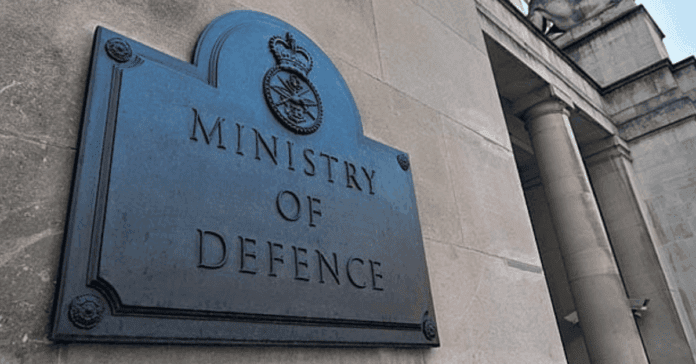Nearly 7,000 Afghan nationals are being urgently relocated to the UK following the revelation of a catastrophic data breach under the previous Conservative government – a blunder so severe that ministers attempted to suppress it with a secretive super injunction, now lifted by a judge.
The breach, which occurred within the Ministry of Defence (MoD), exposed the personal details of approximately 20,000 Afghan nationals – many of whom had applied to the UK’s Afghan Relocation and Assistance Policy (ARAP) for helping British forces during the war in Afghanistan. The consequences have been dire: multiple lives are known to have been lost, and thousands more remain in danger.
The cost of the government’s failure has been estimated at up to £7 billion, although the MoD is expected to downplay that figure in forthcoming statements to Parliament.
An Attempt to Bury the Truth
Barings Law, which is representing around 1,000 of those affected, has accused the government of attempting a deliberate cover-up.
“This is an incredibly serious data breach, which the Ministry of Defence has repeatedly tried to hide from the British public,” said Adnan Malik, Head of Data Protection at Barings Law. “It involved the loss of personal and identifying information about Afghan nationals who have helped British forces to defeat terrorism and support security and stability in the region.”
According to sources close to the case, the breach stemmed from a single careless act: the mishandling of an email containing highly sensitive data. This email reportedly included names and personal details of around 20,000 Afghan nationals – some of whom have since been killed, although it remains unclear whether the breach directly led to their deaths.
What is clear, however, is that the UK government lost control of this information, and that it may have fallen into the hands of the Taliban – a regime that regards former collaborators with the West as traitors.
Super Injunction Silences Public Scrutiny
In what now appears to have been a desperate effort to avoid accountability, the government secured a super injunction, gagging media outlets and victims from speaking out. The injunction, now lifted after months of legal challenge, effectively shielded senior officials from scrutiny at a time when urgent questions should have been asked.
Barings Law’s clients say they have lived in fear ever since – not only of Taliban reprisals, but of abandonment by the very country they served.
“Our claimants continue to live with the fear of reprisal against them and their families, when they should have been met with gratitude and discretion for their service,” Malik continued. “We would expect substantial financial payments for each claimant in any future legal action. While this will not fully undo the harm they have been exposed to, it will enable them to move forward and rebuild their lives.”
A Pattern of Failures
This is not the first time the MoD has compromised the safety of Afghan allies. In 2021, an earlier email blunder revealed the identities of 265 Afghans to hundreds of others on a distribution list. That incident resulted in a £350,000 fine from the UK’s Information Commissioner in December 2023, who labelled the breach “egregious” and potentially life-threatening.
Despite assurances that lessons would be learned, the much larger 2022 breach – now coming to light – suggests systemic failings in data security and crisis management under Conservative leadership.
Damage to Trust and National Reputation
Experts say the impact of the breach goes beyond financial and legal consequences. It has tarnished the UK’s international reputation, undermined trust among future collaborators in conflict zones, and exposed the fragility of government data systems meant to protect national security and human lives.
“This level of incompetence does not just endanger lives – it erodes the very trust upon which successful military and diplomatic cooperation depends,” said one former defence official who asked not to be named.
Only around 10–15% of those on the compromised list were likely to have qualified for ARAP assistance. But the breach has widened the pool of potential claimants significantly, as many now face targeted persecution.







